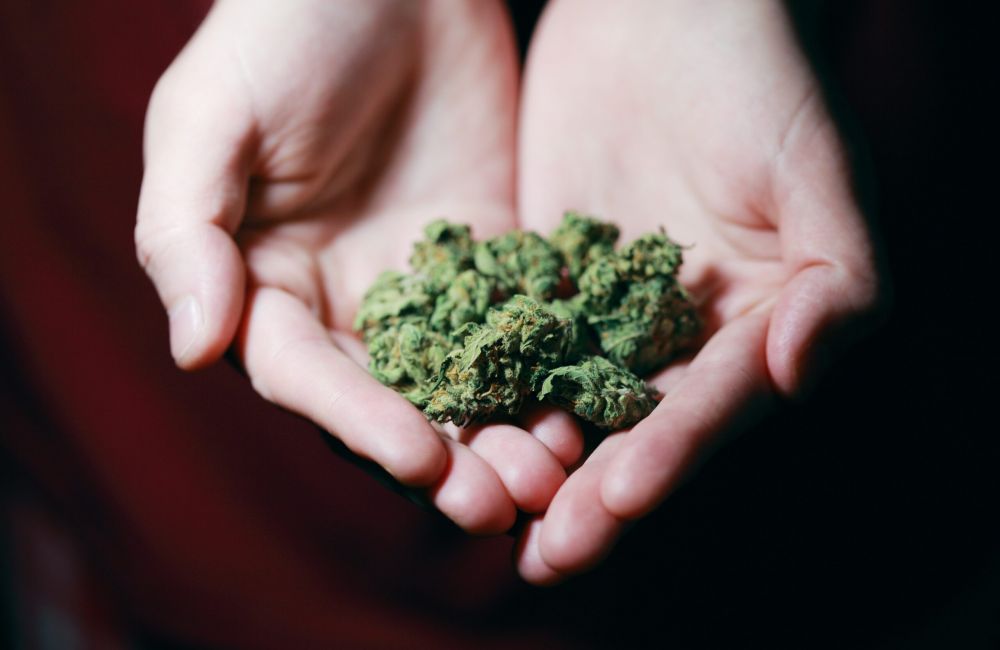Cannabis, weed, marijuana, ganja, dope, or pot. All these vastly different words invoke the same image of a fragranced green flower bud. To the blind eye, they’re interchangeable. But there’s one that poses a problematic overtone: the word marijuana.
Consumers have used the term marijuana for ages without blinking an eye, and certainly without ever being called racist. Unbeknownst to most who partake, marijuana is deeply-rooted in racism.
Throughout the 19th century, cannabis was praised by the press for its medical and industrial value. In the early 20th century, though, the United States saw a significant influx of Mexican immigrants, a population increase sadly welcomed by next to none. These new immigrants brought with them many aspects of their culture, including the term marijuana. And so anti-cannabis advocates combined the exotic nature of the word with the xenophobia presented by 20th century America to propel their campaign. News platforms began pushing headlines that tied marijuana to crazed, dangerous behavior carried out by those deemed to be of allegedly inferior race. They claimed that Mexicans, African Americans, and other minorities were forcing white people to consume this intoxicative, violent drug, disguising its increasing popularity. Just like that, what was once a medicinal asset turned into a taboo nightmare drug in the eyes of Americans.
And, now, present-day cannabis has a prominent role in both recreational and medicinal realms. Indeed, the hazy fog of disapproval surrounding cannabis consumption is beginning to lift. Thus, with the surge in legalization laws in recent years, including in New York State, it seems an appropriate time to re-address the language we use.
At The Coppola Firm, we recommend implementing legally-compliant cannabis policies in the workplace. The language used in these policies is of the utmost importance. While it’s unrealistic to believe that those involved in recreational consumption will actively avoid the use of “marijuana” in their blunt rotations, it’s equally true that business owners, policy writers, and individuals with authority have a responsibility to facilitate this language revolution, keeping in mind that inclusivity matters in the workplace and racial or ethic slurs – even unintentional ones – should be avoided. And, so, when you’re writing your cannabis policies into action, make this simple adjustment: marijuana… cannabis.
As always, don’t hesitate to reach out to The Coppola Firm for guidance. We’re here to help.

